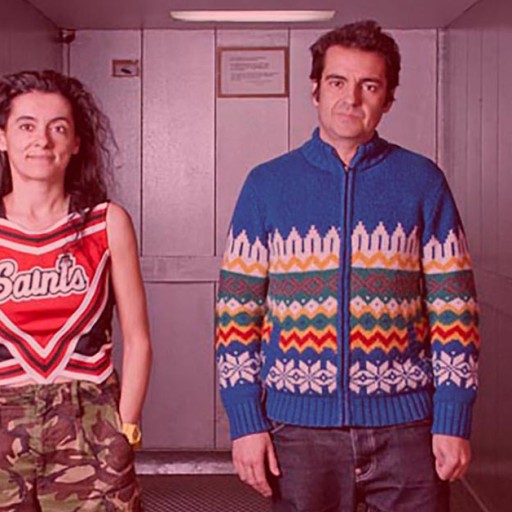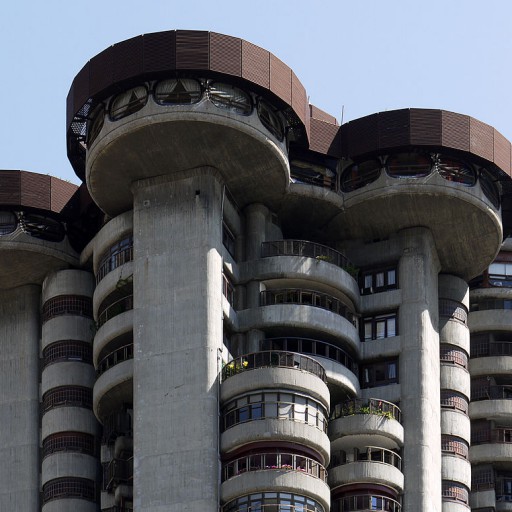Would you stay in a hotel in the metaverse? How can technology improve the customer experience in hospitality? We are going to give you answers in this report analysing trends and case studies of this revolution in hotels.
Precisely, the irruption of technology is one of the five challenges posed by Interihotel in 2023 through Brightech: an exploration of how the integration of artificial intelligence will affect the discipline of design in general and the hospitality sector in particular. All this to meet the new demands of customers after the pandemic, which are synthesised in a fluid and connected experience, where the digital, the emotional and the sensory are combined.

Let’s put it in context: only 35% of establishments reach a high or very high level of implementation of digital solutions, according to the Hotel Technological Institute, a benchmark innovation centre in Spain attached to the Spanish Confederation of Hotels and Tourist Accommodation (CEHAT). Let’s take a look at the trends and upcoming advances in digitalisation in the sector.
Five technological trends in hospitality
Some digital tools are already being cultivated and others are taking shape. We have compiled them in these five technology trends in hospitality:
Digital shops and storefronts
This stream provides an extra line of revenue while improving services to customers by offering them digital purchases of different types of goods (including virtual ones). An example is the Marriott chain, which in 2021 launched an offer of NFTs through a cryptoart gallery.
Hyper-personalisation
Facial recognition, automated room controls or customised content on TV screens in guest spaces, as proposed by Televés Hospitality’s Arantia.Cast.
This solution allows, in an environment where different people coexist, each person to have their own Chromecast device associated exclusively with them. In this way, it will be possible to provide information, offers relevant to each profile, an events calendar, product or service requests… and even take their audiovisual subscriptions on holiday with them.
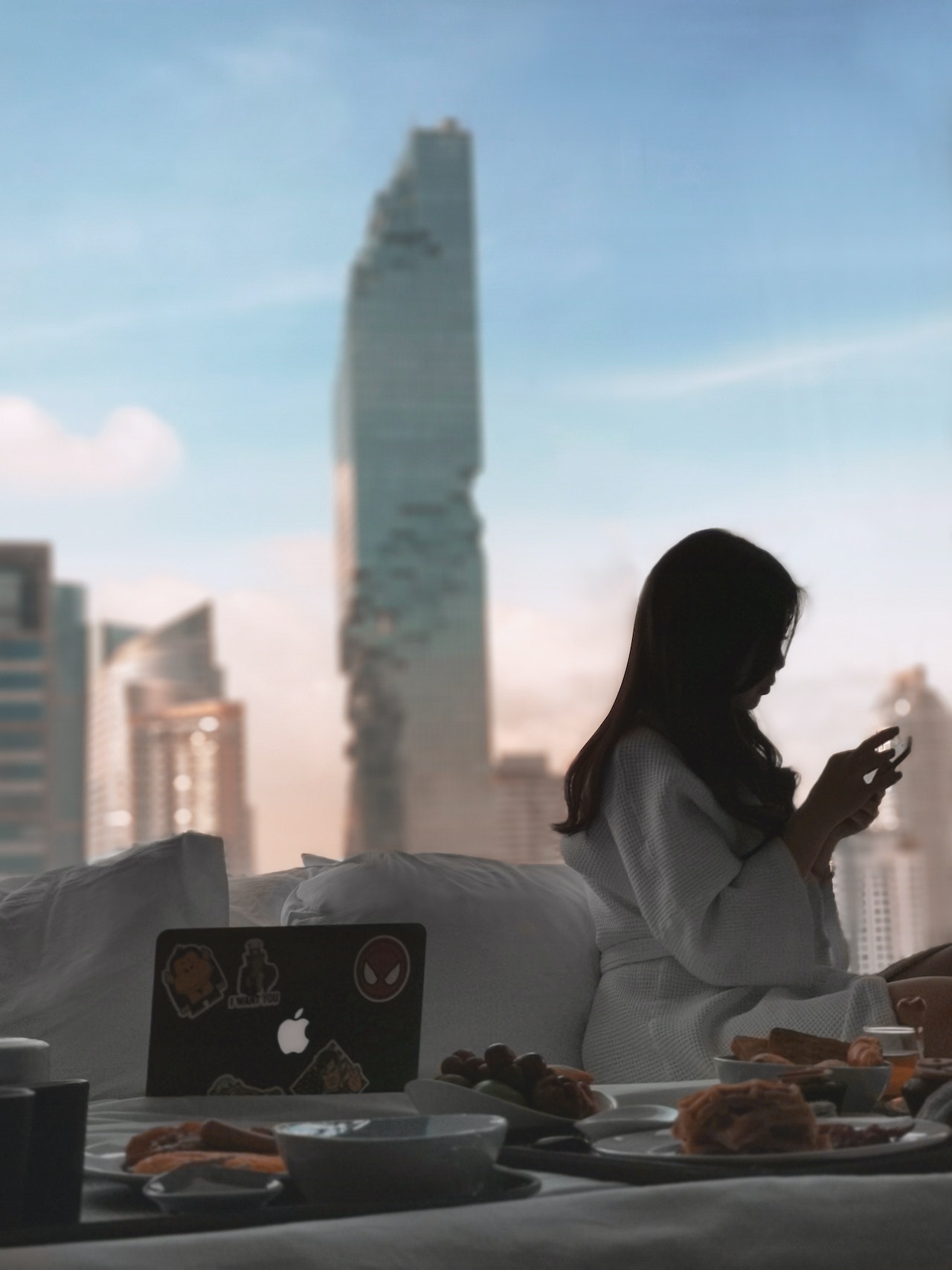
Digital identity and payments
Biometrics makes it possible to reduce friction and gain operational efficiency in processes such as check in and check out. Digital wallet management or conversational experiences to streamline procedures are also tools that become part of this trend. Chatbots in common applications such as WhatsApp, WeChat, Siri or Alexa speed up the resolution of doubts or the management of customer requests.
Multisensory experiences
Technology is not at odds with sensory experiences. It is now possible to set up a virtual tour to admire the views in real time in a specific room or listen to the waves breaking from the balcony. This is what Marina d’Or did with Hotelverse, the digital twin of one of its resorts in Spain.
Once each guest is in the accommodation, a personalised ambience set with specific sounds, images and aromas is also available.
Loyalty rewards
Virtual assets, such as bitcoins, are another lever that digitalisation offers the hospitality sector. Wyndham Hotels and Resorts already has a loyalty programme that allows guests to accumulate points that can be redeemed for goods in the real world or in the metaverse.
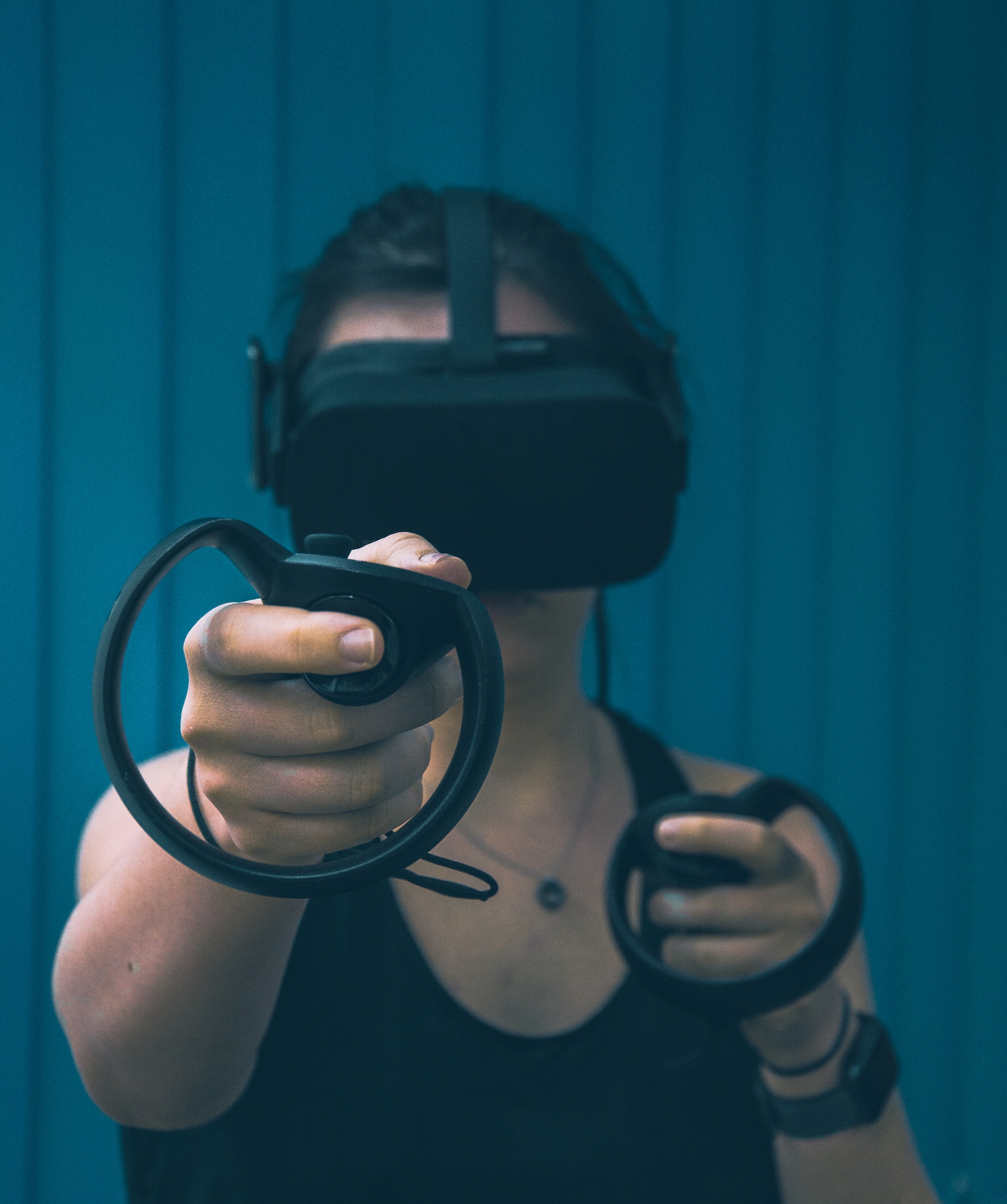
Cryptohotels: a further step in digitisation
One of the last expectations we pointed out is the use of virtual assets, the stepping stone to the next revolution in hospitality: cryptohotels and metaverse experiences within conventional hotels.
UNYCU was the agent that opened the first cryptohotel in 2021. Crypto Hotel offers much more than 100 rooms: exhibitions, culinary events, parties, yoga, golf… all in a space that “never sleeps” and can be visited 365 days a year. The founder of the company, Johanes Fritz Groebler, explains that this project sought to awaken “a call to action in hospitality, because the old way of doing things has had its day”, and says that Crypto Hotel will serve to “change towards a new direction”.
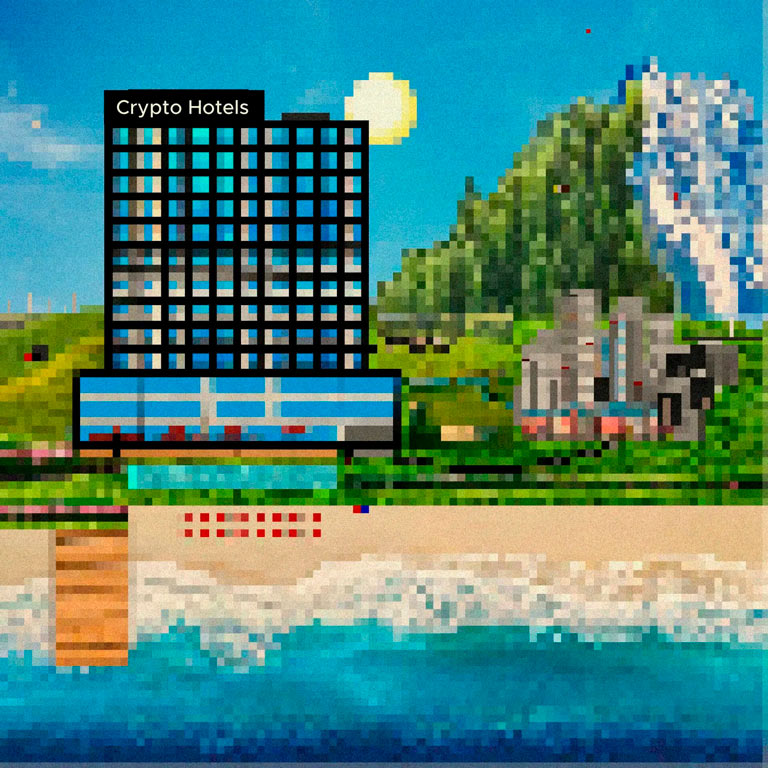
The cloud hosting coup continued in 2022 with designer Harry Nuriev, founder of Crosby Studios. He proposed a mixed reality experience by intervening in one of the most mythical rooms of the Hôtel La Louisiane in Paris, where artists, writers, music and film personalities have stayed since 1930.
Room Thirty-Six was exhibited on the occasion of the fifth edition of Bienvenue Art Fair and captured in the metaverse a futuristic journey full of colour, dyeing the floors and objects pink and using greys and pixel aesthetics on the walls. In addition to the room intervention, the artist arranged a limited collection of NFTs that offered the opportunity to see how each guest would look like in the virtual hotel through a security camera.
Excited to share some screenshots from Hotel La Louisiane, our vision for what the future of hotel might look like.
Here is a link for you to explore it on @spatialxr https://t.co/ZIoMhKJCJP pic.twitter.com/F6Mv31tDbM— Crosby Studios (@Crosby_Studios) October 19, 2022
How will you include technology in your next hospitality project? Discuss your ideas on social media using the hashtag #ConnectionsByFinsa and share inspiration with architecture and interior design professionals.



